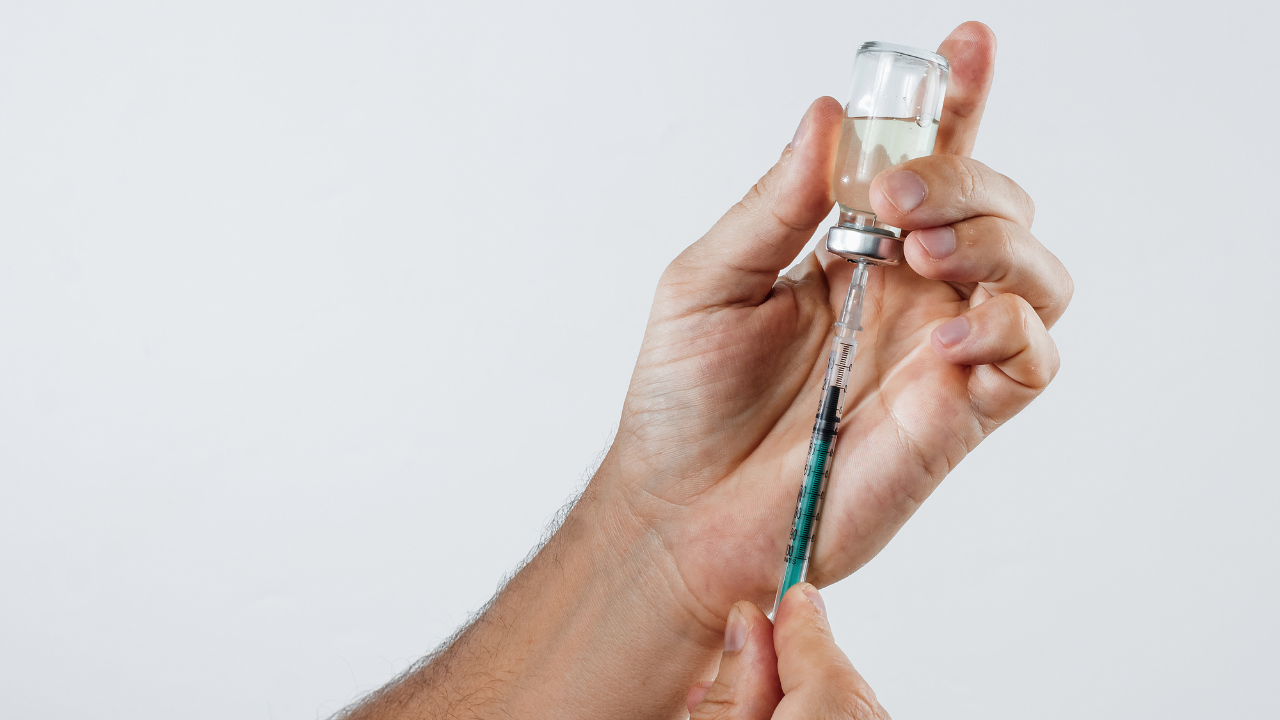Understanding Spinal Stenosis and Degenerative Disc Disease
Before delving into the best vitamins and supplements, it’s essential to grasp the conditions they aim to alleviate. Spinal stenosis refers to the narrowing of the spinal canal, often resulting in pressure on the spinal cord and nerves. This can lead to pain, numbness, and weakness in the extremities. Degenerative disc disease, on the other hand, involves the breakdown of spinal discs, causing pain and discomfort, particularly in the neck and lower back.
Key Vitamins for Spine Health
- Vitamin D: Known as the “sunshine vitamin,” adequate levels of vitamin D are crucial for maintaining strong bones and supporting overall spine health. Research suggests that vitamin D deficiency may exacerbate conditions such as spinal stenosis. Incorporating vitamin D-rich foods like fatty fish, fortified dairy products, and sunlight exposure can help bolster spine health.
- Vitamin C: As a potent antioxidant, vitamin C plays a vital role in collagen synthesis, essential for maintaining the integrity of spinal discs and connective tissues. Citrus fruits, strawberries, and bell peppers are excellent sources of vitamin C, promoting spinal health and resilience.
- Vitamin B12: Deficiency in vitamin B12 has been linked to neurological symptoms and may contribute to nerve damage associated with spinal stenosis. Incorporating sources such as fish, meat, dairy, and fortified cereals can help safeguard against deficiency and support nerve function.
Supplements for Optimal Spine Support
- Glucosamine and Chondroitin: These supplements are renowned for their ability to support joint health and may finding relief for individuals suffering from degenerative disc disease. Glucosamine aids in cartilage repair, while chondroitin helps maintain water content within discs, promoting cushioning and flexibility.
- Omega-3 Fatty Acids: Found in fatty fish like salmon, mackerel, and sardines, omega-3 fatty acids possess anti-inflammatory properties that can alleviate symptoms associated with spinal conditions. Additionally, omega-3 supplementation may help mitigate joint stiffness and improve overall mobility.
- Turmeric/Curcumin: Widely revered for its anti-inflammatory properties, turmeric and its active compound curcumin offer promising benefits for individuals with spinal stenosis or degenerative disc disease. Incorporating turmeric into your diet or opting for curcumin supplements may help reduce pain and inflammation, promoting spinal comfort.
Foods for Spinal Stenosis and Degenerative Disc Disease
Beyond specific vitamins and supplements, adopting a well-rounded, nutrient-dense diet can further support spine health. Incorporating the following foods into your daily meals can provide a synergistic blend of essential nutrients:
- Leafy Greens: Spinach, kale, and Swiss chard are rich in vitamins C, K, and calcium, promoting bone strength and resilience.
- Berries: Blueberries, strawberries, and raspberries boast antioxidants that combat oxidative stress and inflammation, crucial for mitigating spinal discomfort.
- Nuts and Seeds: Almonds, walnuts, and flaxseeds offer omega-3 fatty acids, fiber, and protein, contributing to joint health and overall well-being.
Exercise and Lifestyle Factors for Spine Health
In addition to proper nutrition and supplementation, incorporating regular exercise and lifestyle modifications can further enhance spine health. Engaging in activities that promote flexibility, strength, and proper posture can alleviate strain on the spine and reduce the risk of injury. Incorporate exercises such as yoga, Pilates, and strength training into your routine to improve core stability and spinal alignment.
Moreover, maintaining a healthy weight and avoiding tobacco use are essential lifestyle factors that can positively impact spine health. Excess weight places additional strain on the spine, exacerbating symptoms of spinal conditions. By prioritizing a balanced diet, regular exercise, and healthy habits, you can optimize spinal health and overall well-being.
Conclusion
Prioritizing spine health through proper nutrition, supplementation, and lifestyle modifications is integral to mitigating the impact of conditions like spinal stenosis and degenerative disc disease. By incorporating key vitamins, supplements, and nutrient-rich foods into your daily regimen, along with regular exercise and healthy habits, you can optimize spinal resilience and promote long-term comfort and mobility.
Contact Us
If you are experiencing spinal issues and seeking expert care, the Spine and Pain Clinic of Texas is here to help at +1 (214) 256-3900. Our team of specialists is dedicated to utilizing the latest techniques in spine pain management to create effective, personalized treatment plans. Contact Us to learn more about how we can assist you on your journey to better spinal health.
Medical Disclaimer
This article is for informational purposes only and should not be construed as medical advice. Consult with a qualified healthcare professional before making any dietary changes or starting a new supplementation regimen, especially if you have pre-existing medical conditions or are taking medications.






